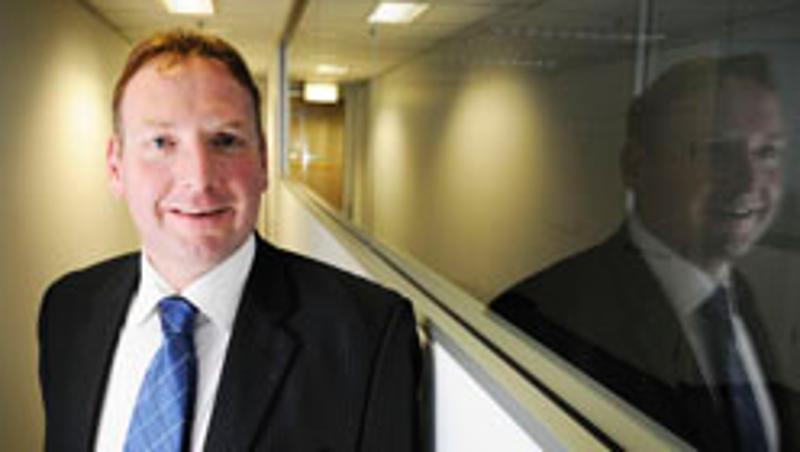
Australians face higher mortgage repayments and increased grocery bills with the dollar continuing to fall and a shift in policy from the US Federal Reserve, a QUT economist has warned.
QUT financial economist, Dr David Willis, said the Australian Reserve Bank must keep a close eye on the US economy after US Federal Reserve chair Janet Yellen confirmed quantitative easing would end in October.
Dr Willis said the result of ending the "extraordinary stimulus" program in the US would be "short term rates rising in the market, without the Fed actually announcing any rate rises".
"The implication could be that our banks, which get the majority of their funding from the International Money Market, will see their cost of funding rise and will pass this on with increases in the short and medium term fixed-rate mortgages," he said
"Therefore we need to look at what the US Fed is doing rather than saying, as this will have, and is having, an implication on our economy.
"It is being seen through our currency as it devalues, and will likely lead to our RBA raising rates to control this fall and subsequent inflation, never mind seeing the longer term fixed rates starting to come off their historical lows as the cost of funding rises internationally."
Dr Willis, who has tipped the RBA to raise interest rates next month or in November, said consumers would be hit by the Australian dollar continuing to weaken.
"The Australian dollar has come down from $1.12 to 89c against the US dollar and this will lead to imports, everything from televisions to washing machines, becoming more expensive and causing a pickup in inflation," he said.
"More worrying is that the price of petrol will also rise as our currency falls, so everything you buy from Coles or Woolworths will increase in price to reflect the increasing transport costs."
The falling dollar would create two "inflationary shocks" with the price of petrol rising and, as the cost of a barrel of oil increases, a second round of petrol imported inflation as the cost of transporting goods rises.
"This will force the RBA onto the horns of a dilemma," Dr Willis said.
"It needs to act by increasing interest rates to defend inflation, but the economy may not be strong enough to withstand any sort of sustained effort to control inflation without causing damage to domestic economic growth and confidence."
Media contact:
Rob Kidd, QUT Media, 07 3138 1841, rj.kidd@qut.edu.au
After hours, Rose Trapnell, 0407 585 901


